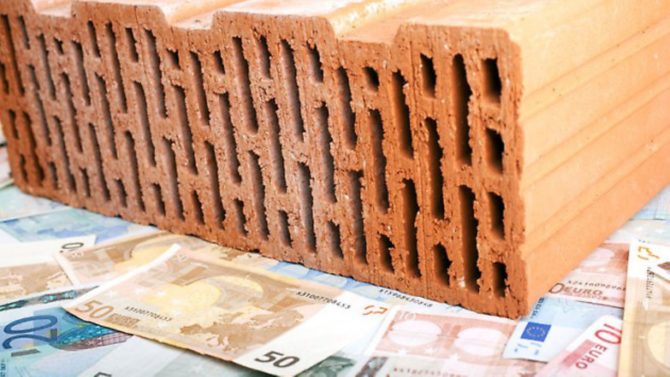Q&A: Paying for a French property in sterling

Your French property questions answered
My husband and I are interested in a property in the Aude department of Languedoc-Roussillon which is currently owned and occupied by a British couple. During the viewing the vendor mentioned that they know a notaire who will conduct the sale/purchase transaction in sterling, with monies being transferred directly from our UK bank account to the UK bank account of the vendors. Everything we have read so far suggests that we pay the notaire directly and not the vendor, so we are confused as to whether this is a legitimate way forward.
Julie Pickering
Annie Digby of Guellec-Digby & Co (www.guellec-digby.co.uk) replies:
It is indeed quite possible to purchase a property in France and pay the purchase price in sterling and not in euros, especially where both the vendor and the purchaser are British. This enables both parties to avoid fluctuating exchange rates and fees.
However, some notaires are not prepared to accept this type of transaction, as the transfer of funds directly from the purchaser’s UK bank account to the vendor’s UK bank account is very unpredictable and potentially risky and relies on a large amount of trust.
One way to avoid such risk is to appoint a notaire who will agree to act provided that a number of safeguards are put in place. First of all, the matter will be more complicated if a mortgage is registered against the vendor’s title deed and advice will be required, which is outside the scope of this reply. The exchange rate applicable must be agreed at the outset and this must be written in both the preliminary contract (compromis de vente) and the final contract (acte de vente). The purchase price will be stated both in euros and in sterling in the documents.
Also, the notaire’s fees and expenses together with the agent’s commission, if any, must be paid in euros into the notaire’s bank account. Therefore, part of the price must be paid in euros. The same applies to the seller’s French capital gains tax liability.
In order to avoid a situation where the transaction is put at risk because the notaire cannot be sure when and where the sale proceeds are paid, most notaires will insist that each party appoint a solicitor in the UK so that the purchase price is transferred from the purchaser’s solicitor’s client account to the seller’s solicitor’s client account.
The notaire will not complete the sale until he has received written confirmation from the vendor’s solicitor that he has received the funds, and the vendor’s solicitor will transfer the funds to his client upon confirmation from the notaire that completion has taken place.
As you can see, such a transaction carries potential risks but provided that you appoint a notaire who is familiar with such dealings and a solicitor who will protect your interests, you should be able to proceed with peace of mind.
Share to: Facebook Twitter LinkedIn Email


